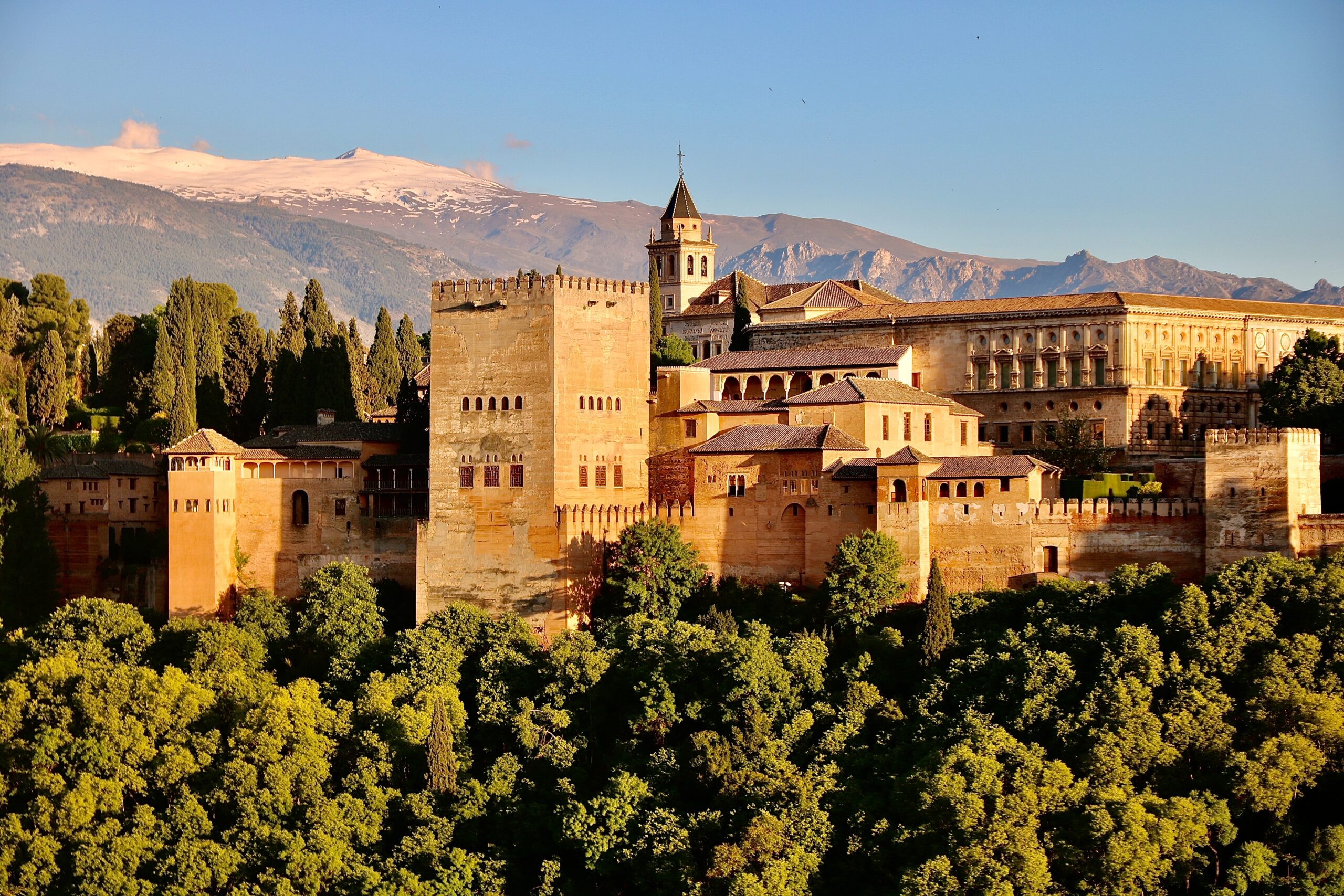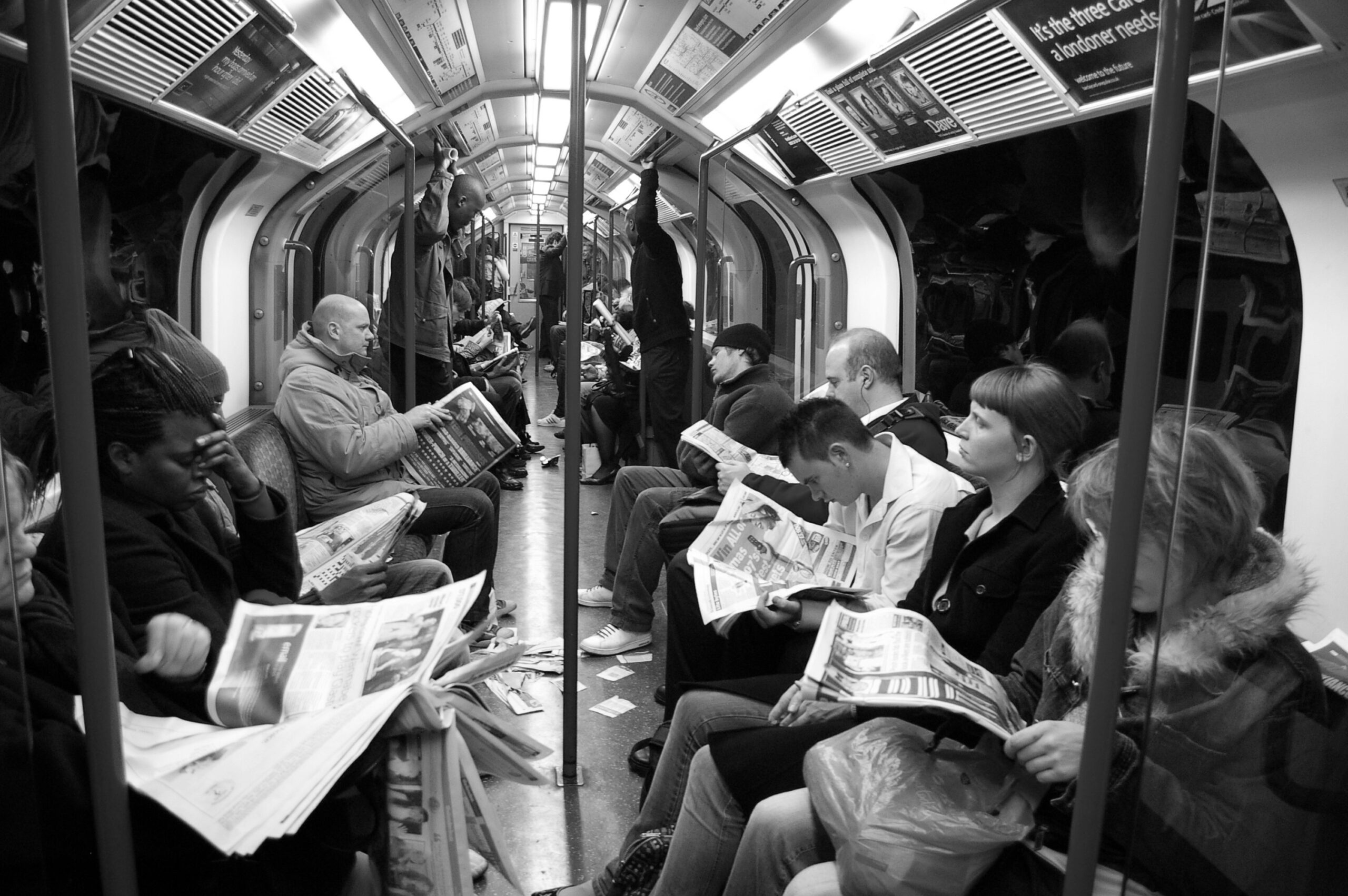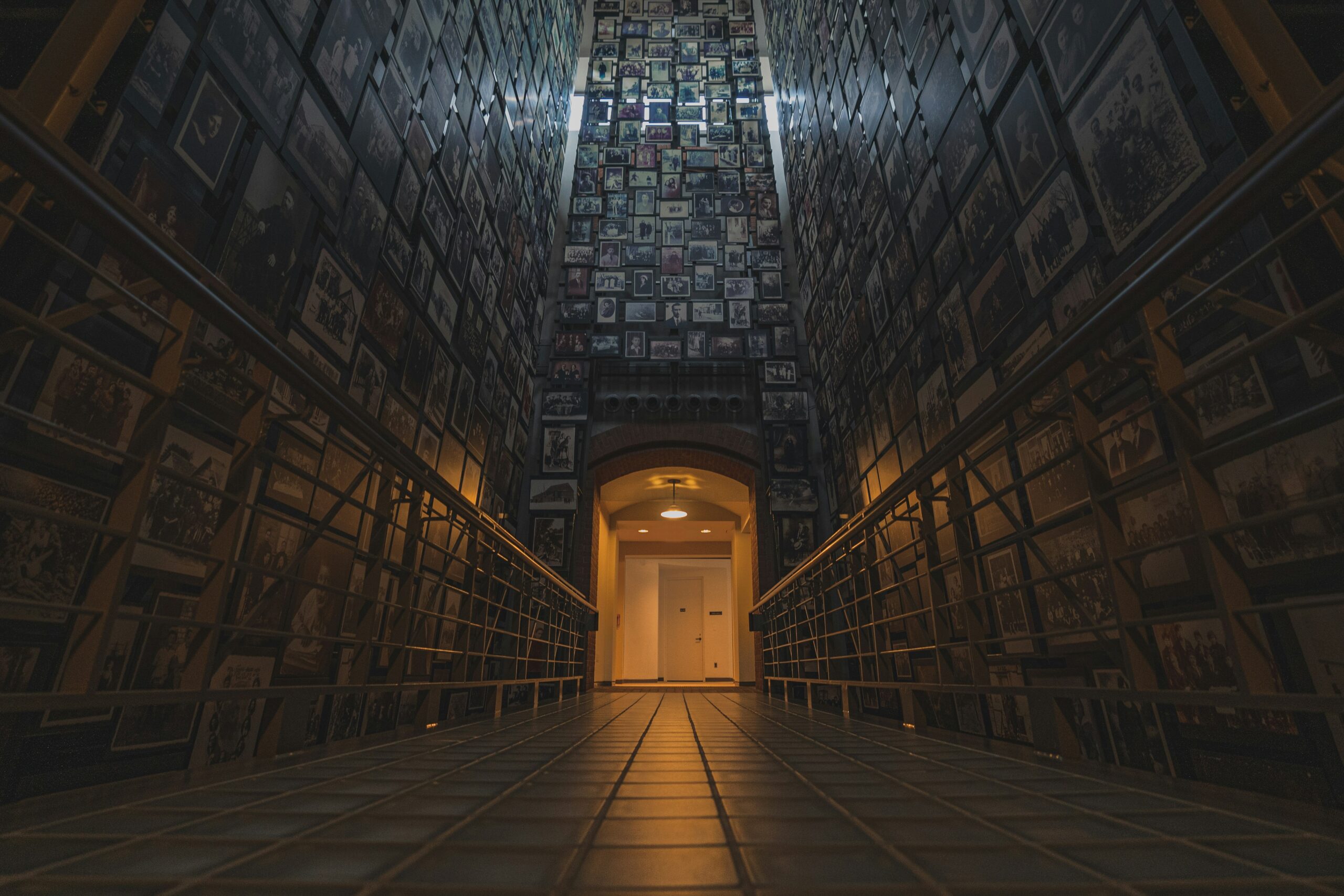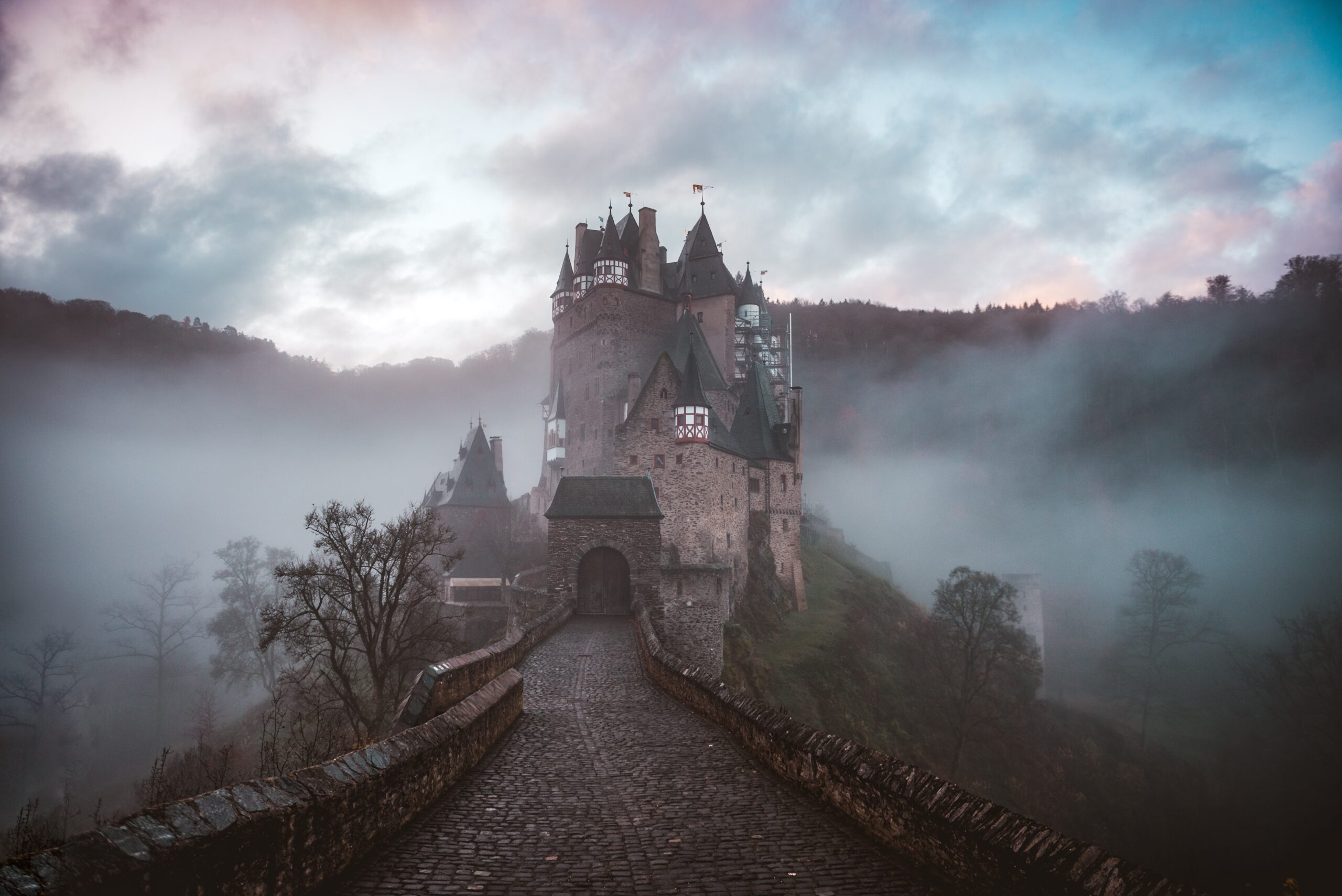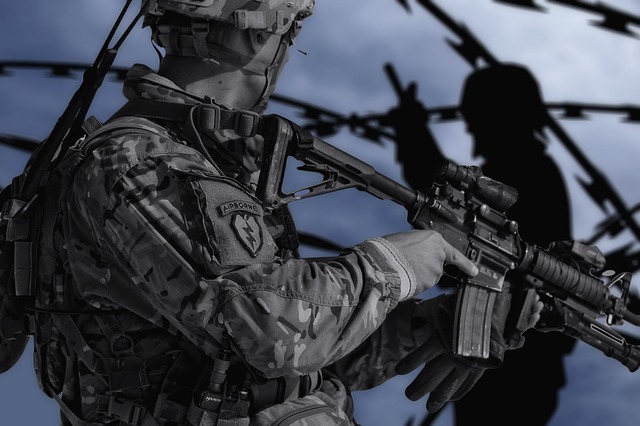On a quiet, snowy winter evening in the city of Dublin, just after the turn of the century, a horse-drawn carriage bearing revelers for the feast day of Epiphany clatters up to a modest, homey townhouse whose upper floors have already begun stirring in the darkness, like a beacon of storms. Lighted lamps stand outside, burning steadily and dotting the long snow-blanketed sidewalks; the high window-lights release into the flurries of the streets a quaint,…
-
-
In the cinematic hub of Austin, Texas, home to a reputable university, shortly after the turn-of-the-century and the disaster of September 11th, Waking Life plays out its enthralling rotoscope dreamland with what seems like a disordered, chaotic flurry of dialogues. It is all very unremitting—loquacious, academic fuzziness, street-talk and bone-dry theory rattled off as though it were the effluvia of something in the air, a vapor or an intoxicant, a poison maybe. While most narrative…
-
A grizzled, weather-beaten retiree and once a police detective in a hinterland of Nevada, Jerry Black is on the cusp of life-changing events. On the night of his surprise retirement party, his replacement (played by Aaron Eckhart with a clean-shaven, big-chinned impudence) leaves the party on a call—a girl, found in a snowy woodland earlier that day, has been raped and murdered. Unable to resist, Jerry asks to go along, hoping to get in a…
-
“Rather perish than hate and fear, and twice rather perish than make oneself hated and feared—this must someday become the highest maxim for every single commonwealth too.”–Friedrich Nietzsche, The Wanderer and His Shadow The hypocrisy of the current military strategy of all nations was pointed out by Friedrich Nietzsche as early as 1880, when The Wanderer and His Shadow was published as an addendum to his first aphoristic work, Human, All-Too-Human: Every military erected as…
-
Its frames a cold, beautiful black-and-white, squaring its aesthetic with the drained and spare post-war environment of the Polish People’s Republic, Ida is a stunningly lucid film. Its story, set in the 1960s, is a variation on the theme of the Holocaust as its shadows lingered over the decades that came after it. With the draining of colors and the crisp static shots that populate the film—many of them drenched with a weak, almost weeping…
-
Charlie Chaplin, the director of his mid-career film The Circus, was a libertine and a rake. A diminutive ladies’ man, he was having multiple affairs as the film was in production, going through a divorce settlement with his underage wife, and facing back taxes totaling six or seven figures. He was also at odds with the inevitable avalanche of the sound era, which was coming as the (apparent) demise of all that he had worked…
-
In the exurbs of Winston-Salem, North Carolina, a cabdriver by the cheeky and affable name of Solo, a Senegalese immigrant, picks up a crestfallen old man who asks Solo to drive him to what is known as Blowing Rock, two hours away. Skeptical at first, but affable and bantering, Solo intuits this man might want to kill himself—he’s down in the dumps, visibly depressed, with sweaty tufts of thin white hair and deep, decades-old wrinkles…
-
A glorious, suspenseful film told in flashback, Harakiri delivers a potent and gut-wrenching ethical message that has lost none of its thrust, released though it was more than fifty years ago, and dealing with subject matter dating to the early seventeenth century of the Edo period. It is a samurai film, a storied “jidaigeki” with critical acclaim; but it is also a coup de grâce delivered to the outmoded Bushido-way-of-life, so honorable to those with…
-
A variant of the earlier Late Spring, which features the hallowed and iconic actress, Setsuko Hara, alongside the mainstay of its director, Chishû Ryû, An Autumn Afternoon still has its own unique claim to individuality, and it is no less moving than its predecessor. If I had to choose between them (a difficult choice since both are moving masterpieces) I would watch An Autumn Afternoon, saving Late Spring for a later date; the former is…
-
Caché is one example of a film whose magisterial technical skills vie with the vaguely spurious, implausible substance of the story and its characters. The result is a film that I can admire, without feeling compelled to call it “art”; despite having much that is redeemable, Caché comes up short, leaving a bad taste in the mouth that is the worse because it is so well-made and magisterial. I have seen no film like it,…





